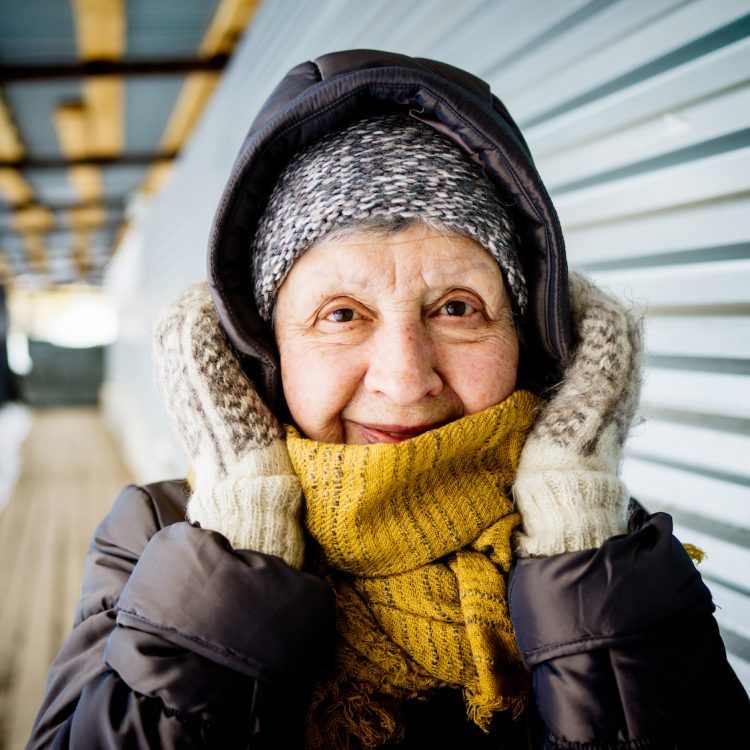Be Prepared: Keeping Safe in Cold Weather
Fall and winter bring with them holidays, family gatherings and cold weather.
While the cold is little more than an inconvenience for most people, it can be dangerous for the older members of our community. Older adults – and the loved ones who care for them – need to take special care during the winter months to safeguard their health.
Keep Warm
As people grow older, their sense of touch becomes less acute. Poor circulation, arthritis and other conditions can diminish the sense of feeling and make it more difficult for older adults to sense the cold, putting them at much greater risk of hypothermia. A few simple steps can reduce this risk significantly:
- Keep the thermostat at 68 degrees or higher.
- Dress in layers, both inside and outside.
- When outdoors, keep your head covered and wear mittens or gloves.
- Eat a balanced diet. Food supplies the body with energy, and a balanced diet is more important than ever during the winter.
Don’t Slip
Snow and ice accumulation can make any trip outside slippery. According to the National Institutes of Health, more than 1.6 million older Americans go to the emergency room every year for injuries resulting from a fall. It’s best not to go outside when the risk of falling is there, but here are a few ways to lessen the chances of falling:
- Stay on cleared sidewalks and stairs.
- Wear warm, supportive shoes with non-skid soles.
- Use assisting devices, whether that’s a cane or the handrail on a flight of stairs.
Stay Positive
Of all the threats cold weather brings for older adults, depression may be the hardest to guard against. The weather often prevents seniors from being able to get out and mingle with others, causing feelings of isolation and loneliness that are only made sharper by the holidays. To keep depression at bay:
- Reach out to your family and loved ones and invite them to visit, particularly if you are unable to go outside.
- Find ways to socialize.
- If the weather is too bad to risk going outside, pick up the phone and call a relative or a friend for some company.
In Case of Emergency
Strong winter storms can mean power outages. The resulting loss of heat, telephone and sometimes even water service can be dangerous for seniors. Before winter comes, it’s best to be prepared:
- Stock up on non-perishable food and fresh water.
- Keep extra batteries, flashlights and blankets on hand.
- If you live alone, develop a “buddy system” with other seniors to check in on each other.
Cold weather can pose serious dangers to older adults. But with a little care and caution, and an eye toward prevention, the winter months can be a time of happiness for seniors in our community.
